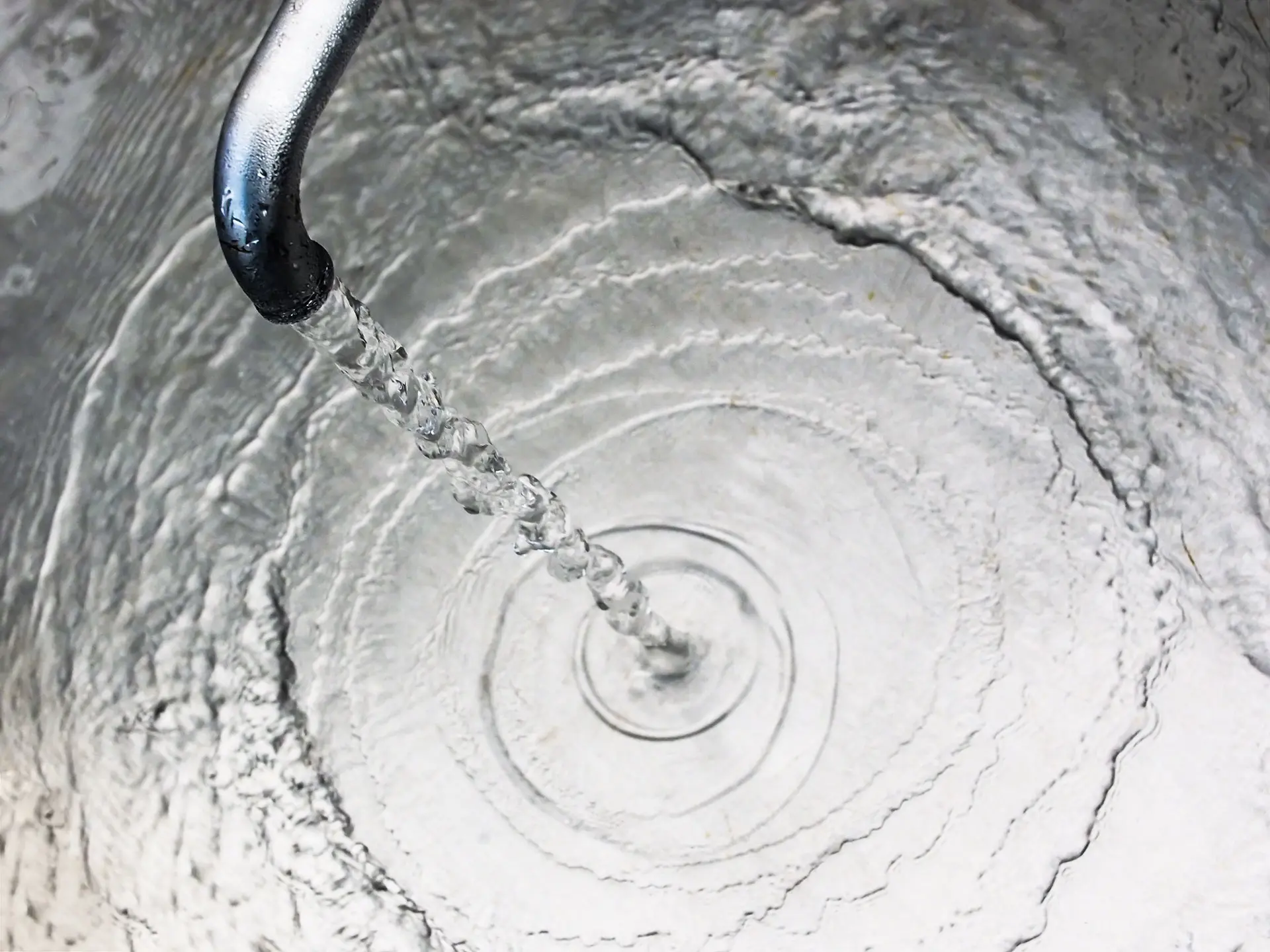Latest update - September 2022
Our recent public consultation on our Hampshire Water Transfer and Water Recycling Project has now concluded.
The consultation, which ran from 5 July to 16 August gave people an opportunity to share their views on plans for new sustainable water sources to protect Hampshire’s rare and sensitive chalk streams and maintain supplies for customers, especially during a drought.
During the six-week consultation period:
- 9,169 people visited the consultation web pages
- 878 people visited one of six drop-in sessions
- 69 people attended one of our public webinars
- 570 consultation responses were received
Mark Wintringham, Head of Project Delivery, said: “We’re really pleased with the level of engagement on our plans and grateful to everyone who took the time to give their feedback.
“The fact that our consultation, which we have spent many months planning, launched as Hampshire suffers a drought shows just how real and pressing the water resources challenge is.
“Our Hampshire Water Transfer and Water Recycling Project involves tapping into a new source of water that’s always available and not needed by wildlife – the millions of litres of highly treated wastewater we produce every day.
“We spend a considerable amount of time and money cleaning this water to a high standard so it can be released into the sea but then we have to wait for the water cycle to return it to us.
“We’re now planning to take some of this water, purify it and pump it into the Havant Thicket Reservoir so there’s more water available for people that hasn’t come from the rivers.”
Although the consultation has closed, you can continue to use the consultation page with the engagement materials, including the interactive map of the proposed pipeline routes and the consultation brochure, to learn more about our proposals.
What happens next?
We’ll now consider all the feedback we’ve received, alongside further technical and environmental work, as we work to develop a more detailed design for the Project. We'll present this more detailed design, alongside information from our preliminary environmental work, at another public consultation expected in summer 2023.
Past updates
We have received permission from the Secretary of State for Environment, Food and Rural Affairs (Defra) to take our Hampshire Water Transfer and Water Recycling Project through the Development Consent Order consenting regime, rather than the Town and Country Planning Act route.
Development Consent Order applications are submitted for large-scale infrastructure developments, categorised as Nationally Significant Infrastructure Projects. These applications are made to the Planning Inspectorate who will consider the application and make a recommendation to the Secretary of State, who decides whether to approve or reject it.
Today we have submitted our finalised plans for new sustainable water sources to protect Hampshire’s iconic chalk streams and maintain supplies for customers, especially during a drought.
We have unveiled our confirmed proposal for taking less water from the sensitive chalk streams of the River Test and River Itchen, while maintaining supplies to customers.
The move follows a detailed assessment of a range of options under our industry-leading Water for Life – Hampshire programme.
We have worked closely with Portsmouth Water to develop a plan that maximises the benefit of the planned Havant Thicket Reservoir, which recently received planning permission.
The reservoir is being funded by Southern Water and developed in collaboration with Portsmouth Water in an innovative cross-company agreement that will boost resilience and improve the sharing of water supplies across the county.
Under Southern Water's finalised Water for Life – Hampshire programme, we propose to:
- build a new pipeline to transport more water from the Havant Thicket Reservoir to Southern Water’s Otterbourne Water Supply Works
- use an innovative technology called water recycling to maintain levels in the reservoir so there is more water available.
Water recycling speeds up the natural water cycle to provide a sustainable source of clean, safe water that reduces the amount needed to be taken from the environment.
Under the plans, some fully-treated wastewater would be treated at a new facility before being pumped to Havant Thicket Reservoir where it would mix with spring water before being taken for further treatment to become drinking water.
Water recycling is widely used around the world and adds a further layer of treatment for the already-common practice of pumping highly-treated wastewater into rivers where water is abstracted further downstream for supply.
Further engagement on the plans is now taking place and a public consultation is expected to be announced next Spring as part of the formal planning process.
We expect to publish our submission documents on the Technical Documents section of Southern Water's Water for Life – Hampshire web pages within the next week.
We’re now able to unveil the latest developments in our plans to support our commitment to deliver two vital aims associated with delivering a resilient water future for Hampshire:
- To protect the Rivers Test and Itchen, two of the world’s finest chalk streams by substantially reducing the amount of water taken from them.
- To safeguard vital public water supplies now and in future by making up the shortfall via alternative, sustainable sources.
We've been developing a series of potential options to achieve these vital twin aims, alongside investment to reduce leakage and improve water efficiency.
A wide-ranging and collaborative assessment of these options with regulators and other statutory consultees, stakeholders and customers has been completed, including a detailed options appraisal process to consider their likely viability and potential impacts.
Options assessed included a desalination plant, several different configurations of water recycling, using advanced treatment techniques to turn what was previously regarded as wastewater into drinking water. We are also exploring building a new pipeline to transport more water from the Havant Thicket Reservoir to our Otterbourne Water Supply Works in consultation with Portsmouth Water.
Why are we looking at different options now?
From the options appraisal process, water recycling and water transfers were assessed as preferable, particularly when impacts on the environment were considered. Desalination ranked lower than these options.
Consequently, we have written to our regulators informing them that we’re continuing to explore our proposals for water recycling and water transfer solutions and do not intend to further develop plans for desalination.
Mark Wintringham, Head of Delivery for Water for Life – Hampshire, said: “The need for new resources is driven by reductions in the amount of water we can take from Hampshire’s rivers during a drought and accelerated by climate change and a growing population.
“As a result, we are developing a holistic approach to the water resources challenge in Hampshire that will put the county at the vanguard of sustainable water resources solutions.
“Our proposals, which include investing to reduce leakage and improve water efficiency, will help keep Hampshire’s rivers and taps flowing for us and future generations and pave the way for similar approaches for the rest of the region and indeed the country.”
What happens now?
We are now progressing further investigations and development of the remaining options ahead of our next submission to regulators in December 2021, when we will select our preferred solution, before carrying out further engagement and consultation, and starting the planning process.
Submission documents are available within our technical documents.
This update gives an overview of the options appraisal process for our strategic water resource options (desalination, water recycling and water transfers), the timelines involved and the feedback we received from our consultation held earlier this year.
The programme is progressing through a gated regulatory process overseen by the Regulators’ Alliance for Progressing Infrastructure Development (RAPID), which comprises Ofwat, the Environment Agency and the Drinking Water Inspectorate.
What's happening at the moment?
We’re in the final stages of the options appraisal process before we submit our plans to RAPID at the end of September 2021. Doing so ensures we consider and compare the Base Case (desalination at Fawley) and the alternative options to confirm whether the Base Case is still the 'preferred solution' at this location and at this time.
After this regulatory submission, we will carry out wider engagement and consultation. We look forward to discussing our emerging proposals with you as we progress through the planning process.
As well as the Base Case option of desalination, we’ve also been looking at alternatives such as water recycling and water transfers.

Click to view the map at full size
Engagement and consultation

We ran a virtual public consultation on the desalination scheme from February to April 2021. We consulted on elements of the desalination Base Case (pipeline routes and inlet/outfall locations) and introduced the concept of back-up alternatives.
Engagement with communities and stakeholders focused around those local to the desalination Base Case scheme. As a result, the feedback focused on issues and impacts likely to be most relevant to those consultees.
You can view the full Consultation Feedback Report here.
Next steps
We will present our updated thinking to RAPID at the end of September 2021. Details of the submission and key documents will be shared on our website.
We look forward to discussing our proposals with you as our plans progress.




